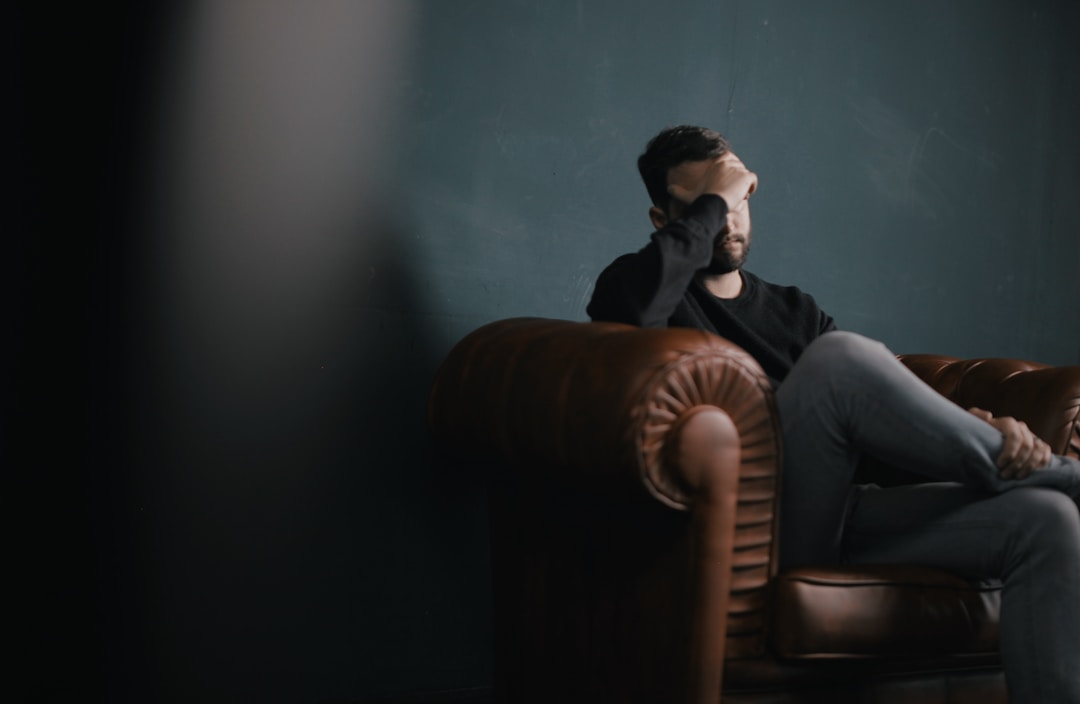The way that we go about improving our physical and mental health may look different at times, but the reality is that these two areas of our health are heavily intertwined. Taking the time to understand the intersection between your physical health and your mental health can make it easier for you to achieve a greater overall quality of life. In this guide, we’re going to take a closer look at the two to identify the connection and provide you with helpful advice as to how you can cultivate a healthier, happier you.
Your physical health has a massive impact on how you feel emotionally.

To some degree, we’re all aware of just how much physical activity can impact the body. When we have days where we stay in bed, we may feel more sluggish or less content with the world around us. Research has proven that exercise boosts mood, helps us effectively battle disorders like anxiety disorder and depression, and helps us to feel better about ourselves overall.
Taking the time to incorporate exercise into your daily routine, whether it’s just a 10-minute walk or a short session at the gym, is enough to reap the benefits that exercise has to offer you. You should also make sure that you’re getting plenty of sleep, eating a balanced diet, and drinking plenty of water to stay in great overall health.
Of course, if you’re feeling stressed, you can also turn to physical therapies to give you the relief that you need to improve your mental health. For example, if you’re carrying a great deal of tension from your workday, you should look for a massage therapist who can offer you a deep tissue massage or Swedish massage to help you unwind and let your cares melt away. Finding a professional massage therapist is easy as these types of professionals are in abundance. Looking up “massage therapy near me” allows you to see what types of therapeutic massages are close by.
Mental health disorders extend beyond the brain.

Some think of mental illness as pertaining only to our emotional state. However, many mental illnesses exact a physical toll as well. Just one example of this is depression. Depression can cause physical symptoms like unexplainable aches and pains, digestive issues, and fatigue, just to name a few. Over time, these physical issues can exacerbate the lower emotional state that you’re in. This can make it harder to overcome your mental illness and move into a better state of mind. While the above self-care tips can certainly help and prevent episodes, you may need some extra support from time to time.
To work through your mental illness, it’s important that you reach out to a therapist. With a better understanding of your specific needs, a structured treatment plan, and ongoing aftercare and support, you can prevent the physical and emotional symptoms that your depression, anxiety, or other mental illness causes you. As with massage therapy, finding therapy near you is quite easy. Just look up, “therapy in the Berkshires” or even schedule an appointment for teletherapy so that you can receive high-quality support from anywhere. When it comes to your mental health, you don’t have to deal with everything on your own.
As you can see from the above, mental and physical health aren’t as separated as we may initially believe. How you take care of yourself plays an important role in your mental health, and symptoms of something larger can easily contribute to real physical pain. By focusing on both aspects of your health and finding external support when you need it, you can lead the quality of life that you’ve always wanted.






